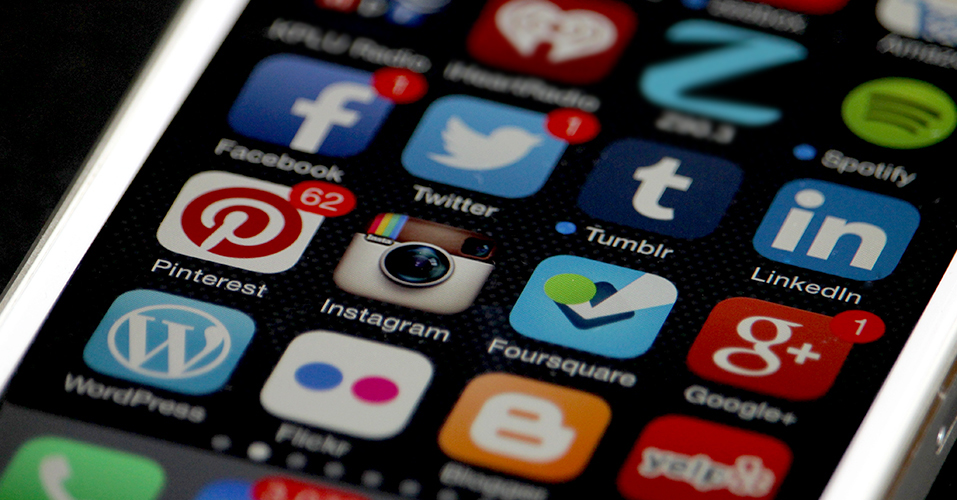
After university entrance exams were cancelled because the questions were posted online, Ethiopia’s government has responded by blocking access to social media. The ban applies to Facebook, Twitter, Instagram and Viber.
Despite perceived ulterior motives, authorities insist the government has the students’ best interests at heart. “It’s a temporary measure until Wednesday,” Getachew Reda, a
government spokesman, said. “Social media have proven to be a distraction for students.”
But most Ethiopians will view that claim dubiously given Ethiopia’s overt caution with internet communications in general. In 2012, a clampdown restricted voice over internet protocol (VoIP) calls. With users facing a 15 year jail term, the clampdown included making
“unauthorized calls” on Skype. The country also has a history of blocking “
opposition and human rights blogs.”
Much of Ethiopia’s attempts to censor the internet is rooted in its laws. A recently proposed legislation which seeks to “
criminalize spamming” is feared to be an indirect way to censor journalists and activists online. This follows similar prior legislation
believed to be repressive of the internet like the Mass Media and Freedom of Information Proclamation of 2008 and the Anti-Terrorism Proclamation of 2009.
Last month Algeria also temporarily blocked social media platforms claiming it was an attempt to thwart exam cheats who had been posting papers online.
The growing popularity of social media as an outlet for advocacy and criticism of governments has seen it become a target by governments. Elections on the continent have been accompanied by social media bans wrapped in the rhetoric of national security but Ethiopia may be dangerously pushing the boundary with its current ban.
Deji Olukotun, senior global advocacy manager at Access Now, says a nationwide block of social media because of leaked questions is “completely disproportionate” as “shutdowns like this impact broader society as a whole—businesses lose a lot of money, journalists can’t report the news and it creates a culture of impunity.”
Daniel Berhane, an Ethiopian blogger, also cites the possibility of impunity saying the lack of transparency around the block is the biggest concern. “This is a dangerous precedent,”
Berhane told AFP. “There is no transparency about who took the decision and for how long. This time it is for a few days, but next time it might be for a month.”


Leave a Reply